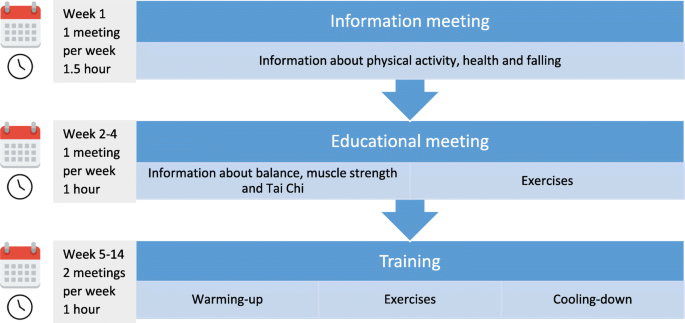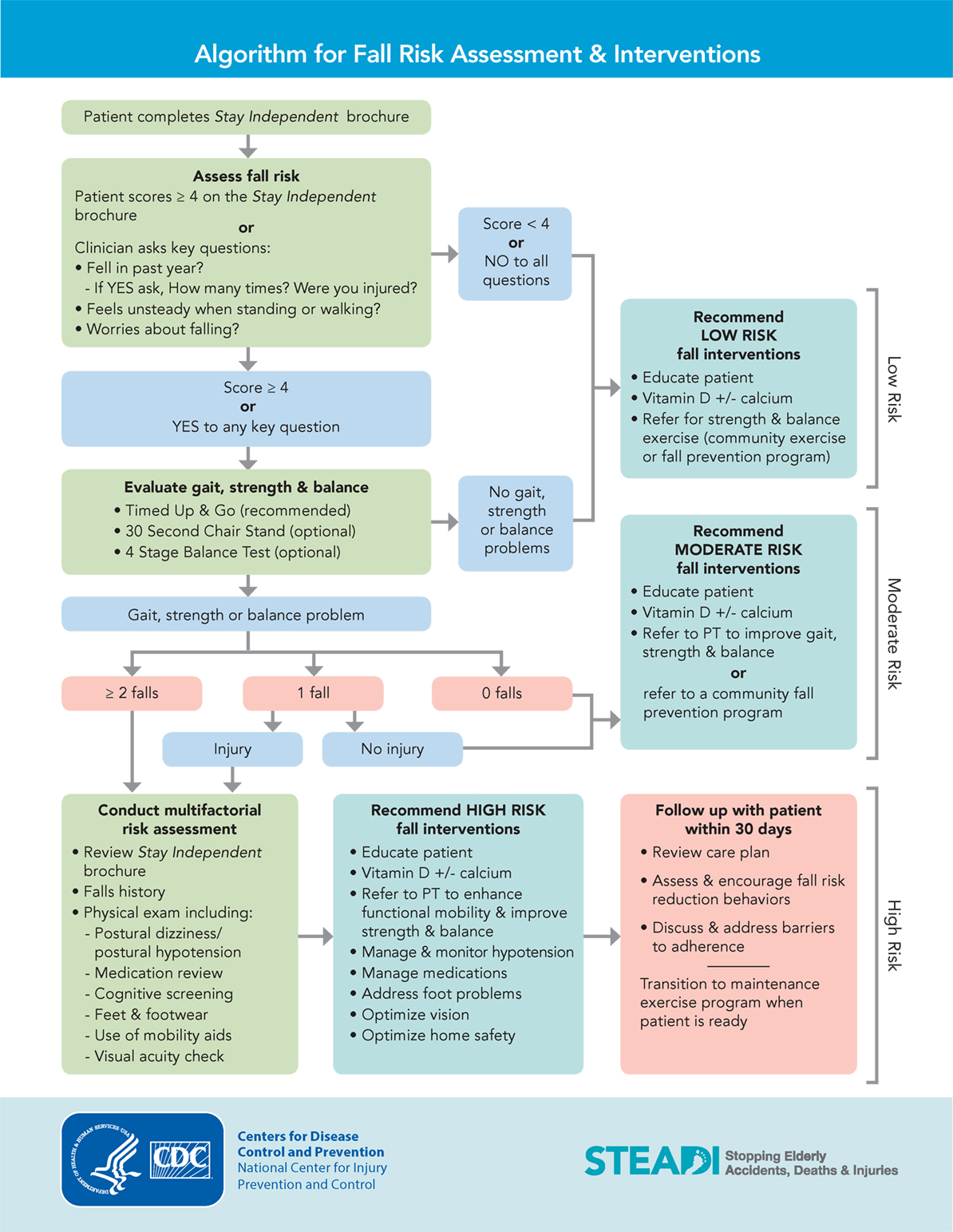How Dementia Fall Risk can Save You Time, Stress, and Money.
Table of ContentsWhat Does Dementia Fall Risk Do?Not known Details About Dementia Fall Risk 5 Easy Facts About Dementia Fall Risk Shown9 Easy Facts About Dementia Fall Risk DescribedDementia Fall Risk Fundamentals Explained
Analyzing autumn threat helps the entire healthcare team establish a safer setting for every individual. Guarantee that there is a designated location in your clinical charting system where staff can document/reference scores and record appropriate notes associated with drop avoidance. The Johns Hopkins Autumn Risk Assessment Tool is just one of numerous devices your team can utilize to assist protect against damaging medical occasions.Patient falls in hospitals are typical and devastating damaging events that linger regardless of decades of initiative to lessen them. Improving interaction across the analyzing registered nurse, treatment group, person, and individual's most included loved ones might strengthen loss prevention initiatives. A team at Brigham and Women's Medical facility in Boston, Massachusetts, looked for to establish a standardized autumn prevention program that centered around enhanced interaction and patient and household interaction.

The technology group stressed that successful execution depends upon person and staff buy-in, integration of the program right into existing operations, and fidelity to program procedures. The team noted that they are coming to grips with how to guarantee connection in program execution during periods of crisis. During the COVID-19 pandemic, for instance, an increase in inpatient falls was connected with restrictions in individual involvement together with constraints on visitation.
Some Known Details About Dementia Fall Risk
These events are usually thought about preventable. To implement the intervention, organizations require the following: Access to Loss ideas sources Autumn ideas training and retraining for nursing and non-nursing staff, consisting of new nurses Nursing workflows that enable patient and household involvement to conduct the falls evaluation, make certain use of the avoidance plan, and perform patient-level audits.
The outcomes can be highly harmful, usually increasing patient decline and causing longer medical facility keeps. One study approximated stays raised an additional 12 in-patient days after a client loss. The Fall TIPS Program is based upon interesting clients and their family/loved ones across three primary procedures: analysis, individualized preventative interventions, and bookkeeping to make sure that patients are taken part in the three-step loss avoidance process.
The person evaluation is based on the Morse Loss Scale, which is a verified autumn risk assessment tool for in-patient medical facility settings. The scale consists of the 6 most usual factors patients in medical facilities fall: the patient autumn background, risky problems (including polypharmacy), use IVs and other exterior devices, psychological condition, gait, and flexibility.
Each danger factor relate to several workable evidence-based treatments. The registered nurse produces a strategy that incorporates the treatments and shows up to the treatment group, client, and household on a laminated poster or printed aesthetic aid. Registered nurses develop the plan while meeting the client and the person's household.
About Dementia Fall Risk
The poster serves as a communication tool with various other participants of the person's treatment team. Dementia Fall Risk. The audit part of the program includes analyzing the patient's understanding of their threat aspects and avoidance strategy at the system and healthcare facility degrees. Registered nurse champions carry out at the very least five specific interviews a month with individuals and their families to inspect for understanding of the autumn prevention plan

An approximated 30% of these falls result in injuries, which can vary in severity. Unlike various other damaging events that need a standardized clinical feedback, loss avoidance depends highly on the requirements of the patient.
Examine This Report about Dementia Fall Risk

Based upon bookkeeping results, one website had 86% compliance and 2 websites had over 95% conformity. A cost-benefit evaluation of the Fall TIPS program in eight health centers estimated that the program cost $0.88 per person to implement and caused financial savings of $8,500 per 1000 patient-days in straight prices connected to the prevention of 567 drops over three years you could try this out and eight months.
According to the development team, companies thinking about implementing the program ought to perform a preparedness analysis and falls avoidance spaces evaluation. 8 In addition, organizations ought to make sure the needed framework and process for execution and create an application strategy. If one exists, the organization's Autumn Avoidance Task Pressure ought to be involved in planning.
The smart Trick of Dementia Fall Risk That Nobody is Talking About
To start, organizations should make certain completion of training modules by registered nurses and nursing assistants visit this site right here - Dementia Fall Risk. Healthcare facility team ought to assess, based on the requirements of a hospital, whether to use an electronic wellness record hard copy or paper version of the autumn prevention plan. Implementing groups need to hire and train registered nurse champs and develop processes for bookkeeping and reporting on autumn information
Personnel need to be associated with the process of revamping the workflow to engage individuals and family members in the analysis and prevention plan procedure. Solution should remain in area to ensure that devices can understand why a fall happened and remediate the cause. Much more particularly, registered nurses ought to have networks to offer continuous responses to both staff and system leadership so they can adjust and improve fall prevention workflows and web link connect systemic troubles.